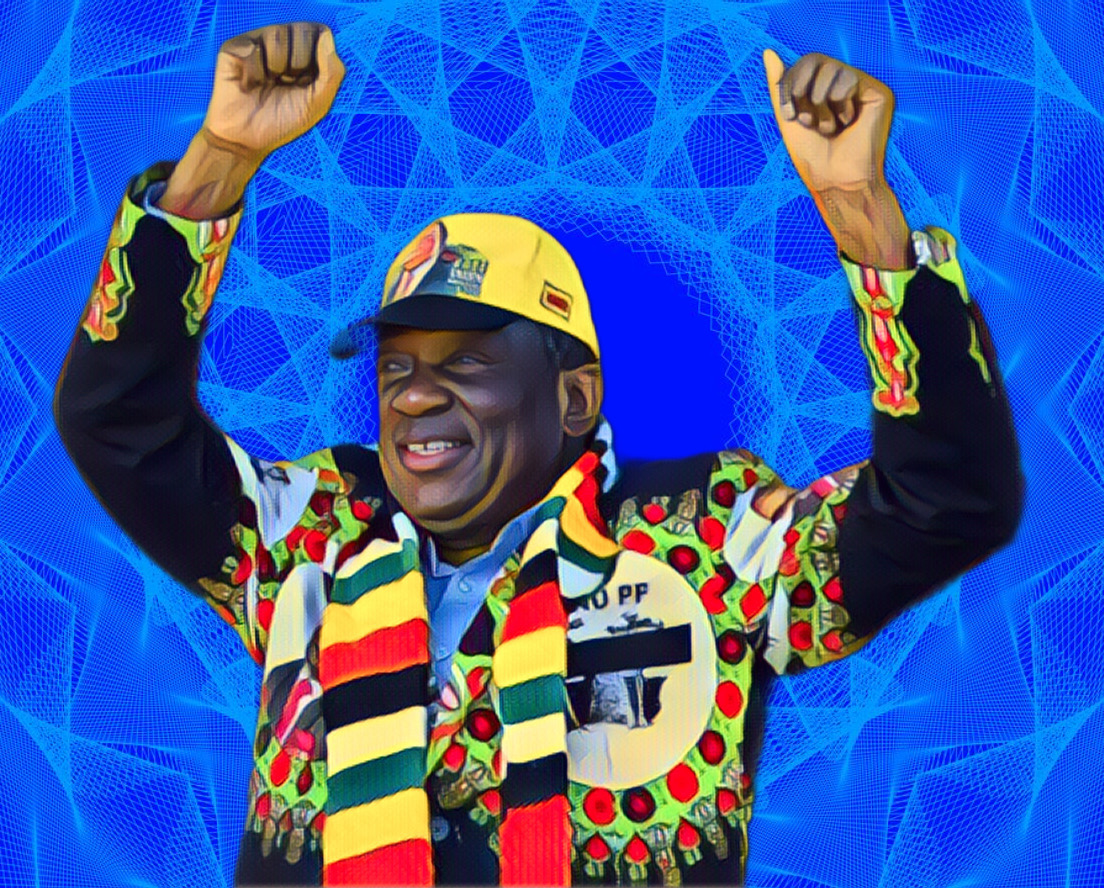The Zanu PF party in Masvingo Province has publicly endorsed President Emmerson Mnangagwa for a third term during the 21st Robert Mugabe National Youth Day celebrations. This endorsement challenges the current constitutional limit of two five-year terms for Zimbabwe’s presidency, stirring a nationwide discussion on the future of the country’s leadership.
Mnangagwa, currently in his second and supposedly final term, has become the focal point of a campaign slogan “2030 VaMnangagwa vanenge vachipo (Mnangagwa will still be in power in 2030),” which is gaining momentum at Zanu PF events. This slogan, chanted by Masvingo provincial chairman Robson Mavhenyengwa, underscores a growing sentiment within the party to see Mnangagwa extend his leadership beyond the constitutionally mandated period.
The legal implications of such an extension are significant. According to Veritas, a respected local think tank, amending the Constitution to allow a third presidential term would require more than just a parliamentary majority. While Zanu PF recently secured a two-thirds majority in Parliament, enabling them to potentially amend certain sections of the Constitution, a national referendum would also be necessary to alter presidential term limits, as outlined in section 328(7) of the Constitution.
The suggestion of Mnangagwa’s extended tenure has received mixed reactions, with Vice President Kembo Mohadi expressing enthusiasm for the new slogan. Mnangagwa himself, addressing the Youth Day crowd, made a cryptic comment on the slogan, which reflects a playful engagement with the idea rather than a formal commitment to pursue a third term.
This development has plunged Zimbabwe into a deep political discourse, examining the balance between party ambitions and constitutional governance. While the Zanu PF’s dominance in Parliament positions them favorably for constitutional amendments, the requirement of a national referendum represents a significant hurdle. It underscores the democratic safeguard designed to ensure that major constitutional changes, especially those concerning presidential term limits, receive direct approval from the Zimbabwean populace.
As Zimbabwe stands at this crossroads, the debate over Mnangagwa’s potential third term highlights broader questions about democratic processes, constitutional integrity, and the future direction of the nation’s leadership. Whether this campaign will translate into a tangible constitutional amendment or remain a rallying cry within party ranks is yet to be seen. What is clear, however, is that any move towards extending Mnangagwa’s tenure will necessitate a comprehensive dialogue among Zimbabwe’s lawmakers, judiciary, and, most importantly, its citizens, ensuring that the nation’s constitutional and democratic principles are upheld in the face of political ambition.


